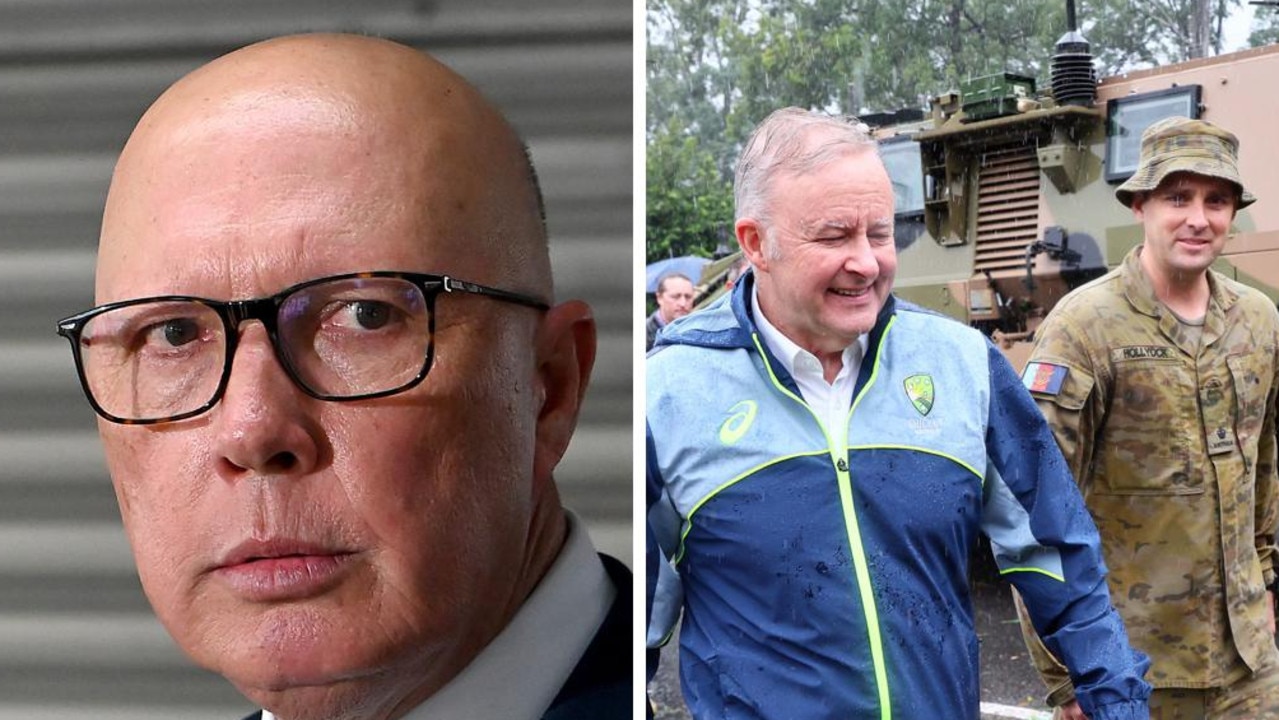Boris Johnson in self-isolation as Britain battles virus deja vu
UK PM Boris Johnson is isolating but insists he’s “bursting with antibodies” for COVID-19. Others think he’s “bursting” with something much less useful.
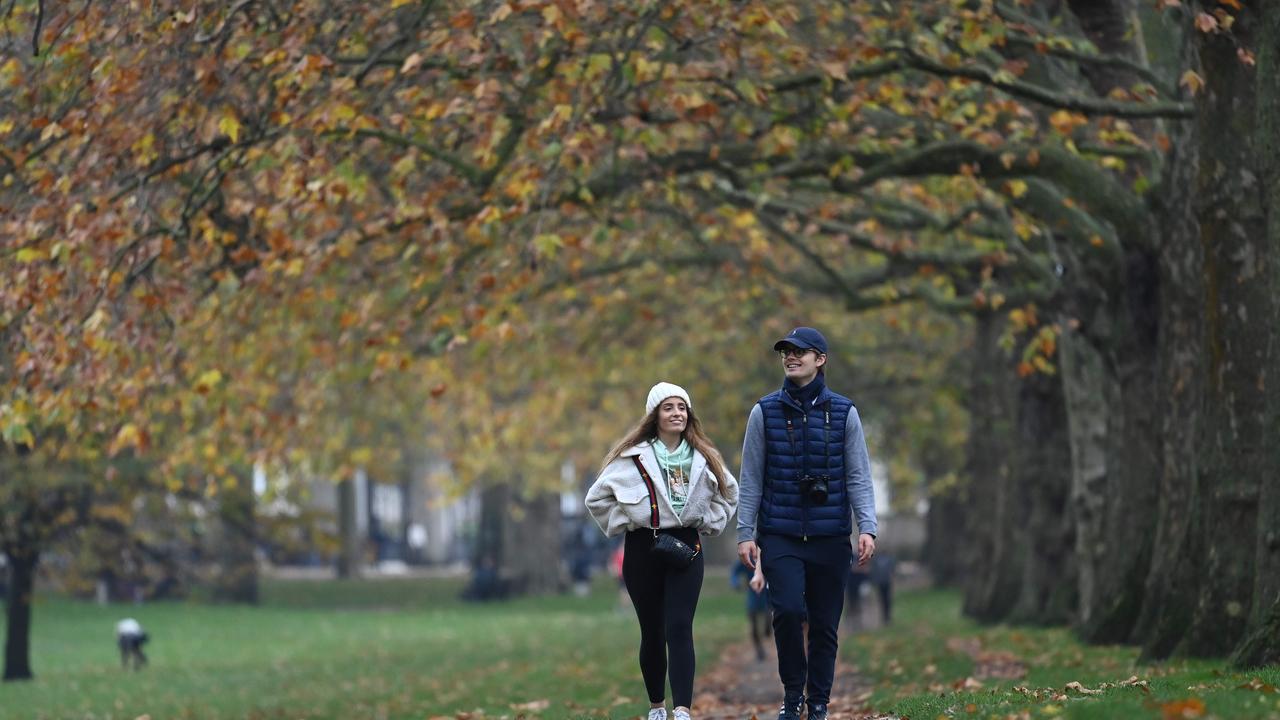
ANALYSIS
With a nation in lockdown, a Prime Minister in self-isolation and a spiralling virus caseload, residents in England would be forgiven for feeling a sense of deja vu.
In March, a strict national lockdown saw schools, workplaces and all but essential services closed. In early April, Prime Minister Boris Johnson spent three nights in intensive care battling coronavirus in a situation he later said could have “gone either way.”
It took until July for restrictions to be eased on a Super Saturday, that saw pubs reopen, as cases fell well below their peak of more than 1400 deaths per day.
The northern summer that followed provided a sense of relative freedom for many, with the government’s Eat Out to Help Out scheme pushing punters into restaurants and budget travel to sunny European climes back on the menu.
But more than six months on from the initial lockdown it seems Mr Johnson’s government has learned little from its initial battle to control the virus.
As cases crept up in September, the government ignored warnings from scientific advisers for a “circuit breaker” lockdown to be held in England, instead opting for a series of tiered regional restrictions.
When it became clear that was not enough to halt the spread, a second lockdown was announced in November to last four weeks, with schools, universities and essential services to remain open.
Now, Mr Johnson is self-isolating after a contact tested positive for COVID-19, but told the nation he’s “fit as a butcher’s dog” in a video missive fired from his Downing Street base.
“It doesn’t matter that I’m fit as a butcher’s dog, feel great … that I’ve had the disease and I’m bursting with antibodies,” he said in a video posted on Twitter.
“We’ve got to interrupt the spread of the disease and one of the ways we can do that now is by self-isolating for 14 days when contacted by Test and Trace,” he said.
Hi folks, I’ve been instructed by our NHS Test & Trace scheme to self-isolate for two weeks, after being in contact with someone with Covid-19.
— Boris Johnson (@BorisJohnson) November 16, 2020
I’m in good health and have no symptoms, and will continue to lead on our response to the virus & our plans to #BuildBackBetter pic.twitter.com/yNgIme8lOz
RELATED: Aussie billionaire’s savage COVID dig
RELATED: Booze sales up as virus spreads
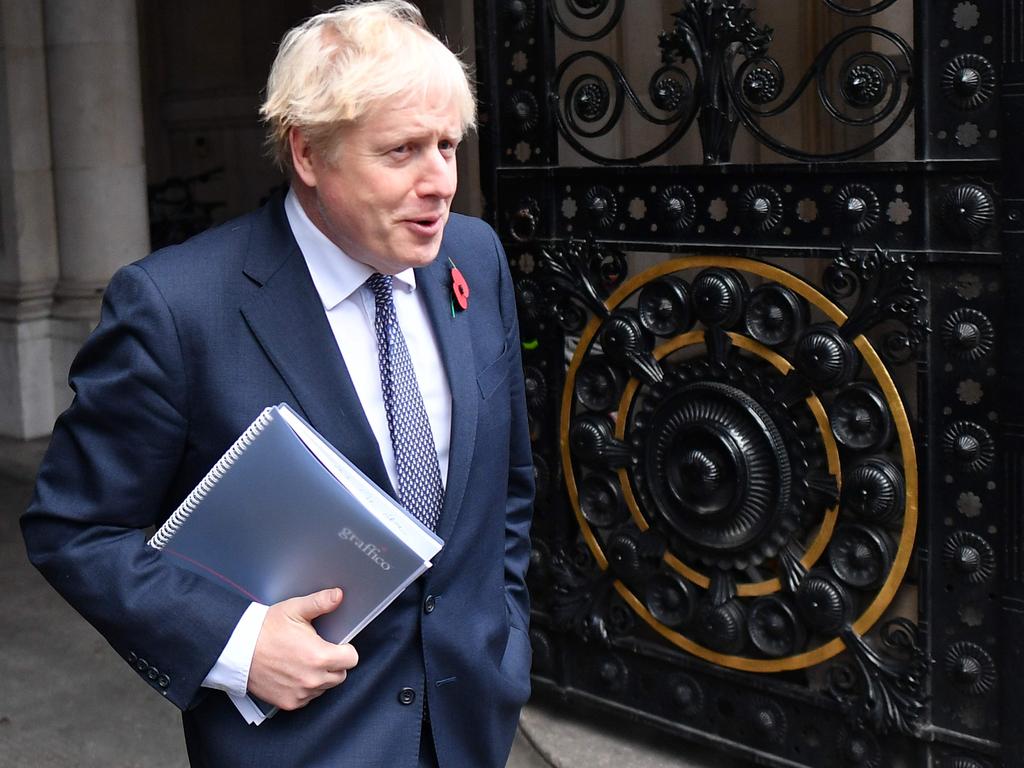

The post led critics to claim he was in fact “bursting with” something much more unpleasant than antibodies. The jury is out on how long antibodies to the virus last and if they are sufficient to prevent reinfection.
Labour MP Chris Bryant also questioned how the PM was able to be in contact with an infected person during a second lockdown.
“I don’t understand. I thought England was in lockdown. What was the PM doing not maintaining a social distance with another MP? Have I missed something?” he asked online.
He also queried Mr Johnson’s claims of having antibodies for the virus, saying “Can an epidemiologist or virologist please explain to me what the PM’s ‘bursting with antibodies’ might mean, how he would know how bursting he is, and how long COVID-19 antibodies continue bursting? Or is this just the same as Trump declaring he’s ‘immune’?”
Aside from the actual threat of the virus to Mr Johnson, the enforced quarantine comes at a critical time for a government under pressure from the pandemic itself and internal ructions.
Over the weekend Mr Johnson’s most senior and controversial adviser, Dominic Cummings, was ousted from his role amid reports of infighting among staff.
The man who spearheaded the Vote Leave campaign has proved divisive inside Downing Street and sparked outrage during the summer lockdown when he took a 400 km round trip to Durham to visit family with COVID-19 symptoms and claimed he drove to a nearby castle to test his eyesight.
Labour leader Sir Keir Starmer branded the internal row “pathetic” and said: “I think millions of people will be waking up this morning, scratching their heads, saying what on Earth is going on?”
“We’re in the middle of a pandemic, we’re all worried about our health and our families, we’re all worried about our jobs, and this lot are squabbling behind the door of Number 10.
“It’s pathetic. Pull yourselves together, focus on the job in hand.”
RELATED: Follow the latest virus news
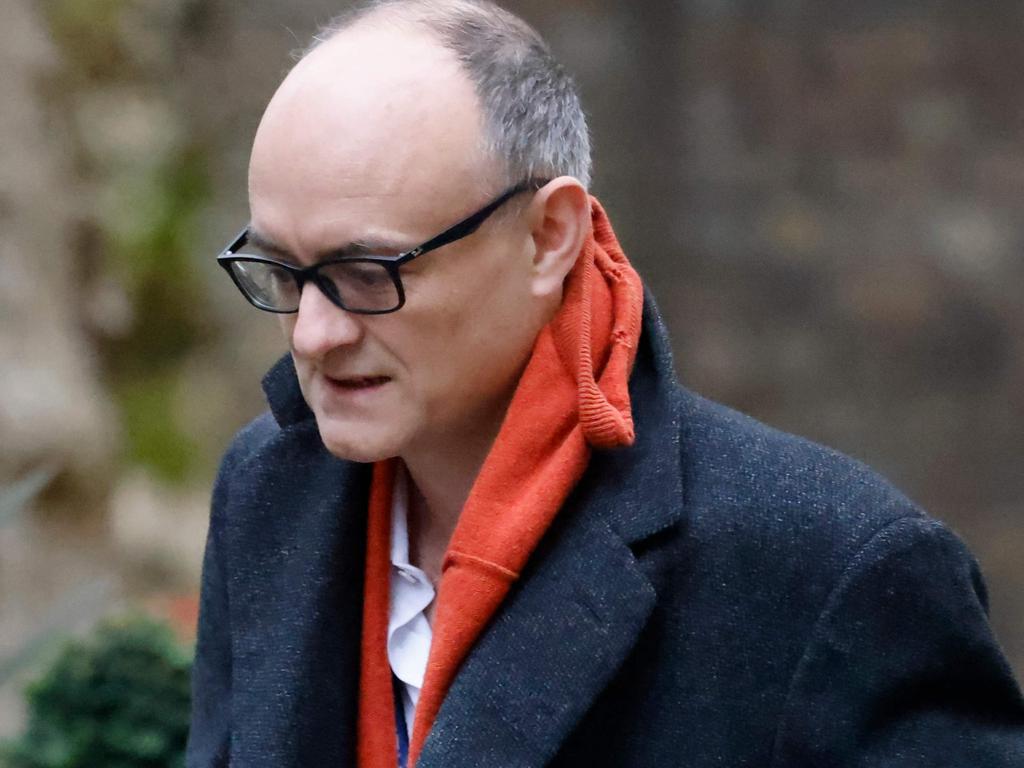
‘STUMBLING’ RESPONSE FROM GOVERNMENT
Michael Head, a Senior Research Fellow in Global Health at the University of Southampton said while England’s current lockdown is less stringent than the situation in spring, it is likely to be replaced by a return to tiered restrictions that could last into 2021.
“My sense is the government is placing a lot of faith in that a vaccine will be available sooner rather than later,” he told news.com.au.
He characterised the response as “stumbling”, saying the government had ignored advice calling for an earlier, shorter shutdown, and that “lack of a plan is why we have had this second lockdown.”
Mr Head said ultimately the “lack of foresight” along with failures in the privately run test and trace system have made the virus caseload difficult to manage.
“The reactive nature of the government is making things a bit more tricky than it has to be,” he said, adding that the contact tracing be carried out in South Australia amid a cluster is the “the kind of situation we want to get to.”
“The government has prioritised too much the economic side of things. Ultimately COVID is a public health problem,” he said, citing examples of South Korea and New Zealand where stringent lockdowns have allowed economic activity to resume.
“Some of the economic measures have contributed to worsening the public health problem. If we had focused more on the public health side of things rather than the economic side, I think the economic side would have taken care of itself,” he said.
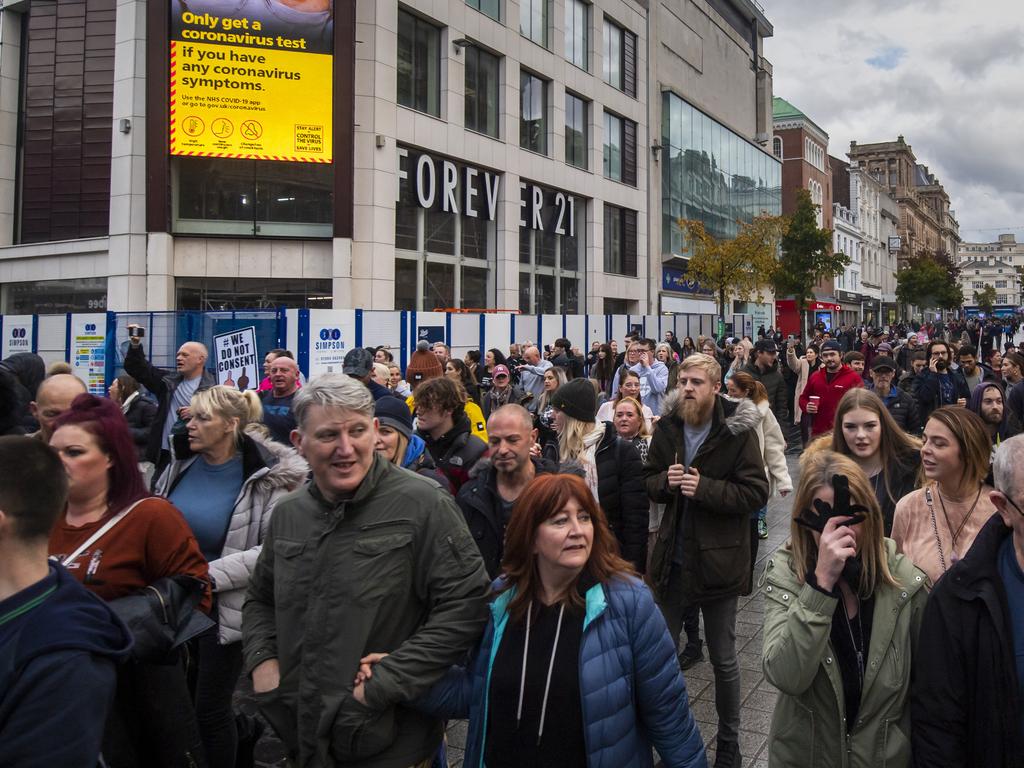

EUROPE BATTLES SECOND WAVE
The UK is not alone in facing a return to lockdown amid winter conditions that public health officials have long warned about as cold weather forces activity indoors.
Across Europe, nations are rolling out lockdown measures as cases rise from Greece to Scandanavia.
German chancellor Angela Merkel has called for masks in all schools and contact to be restricted to another household in bubble-system. France has also been under a partial lockdown for more than two weeks which has seen the virus slow, but not be contained yet.
In Sweden, Anders Tegnell, the state epidemiologist responsible for the country’s controversial relaxed approach to lockdown, has been forced to introduce a 10pm curfew amid a second wave.
“It is a different situation than we had in the spring when it was more local. Now we have a community spread in many regions at the same time, which is partly a reason why we see such high numbers,” he said this week.
A glimmer of hope is on the horizon however in the form of a vaccine that could be rolled out to some people before Christmas if proven effective.
A version developed by Pfizer with German company BioNTech has proved 90 per cent effective in trials while a second version by US company Moderna also claims efficacy of around 95 per cent in early testing.
On Sunday Ugur Sahin, the Turkish co-founder of BioNTech told the BBC while this winter will not be able to be saved by a vaccine but “we could have a normal winter next (year).”
“If all goes well, we will start to deliver the vaccine at the end of this year, or beginning of next year,” Sahin said.
“Our goal is to deliver more than 300 million doses by April next year, which could already have an impact,” he said.



